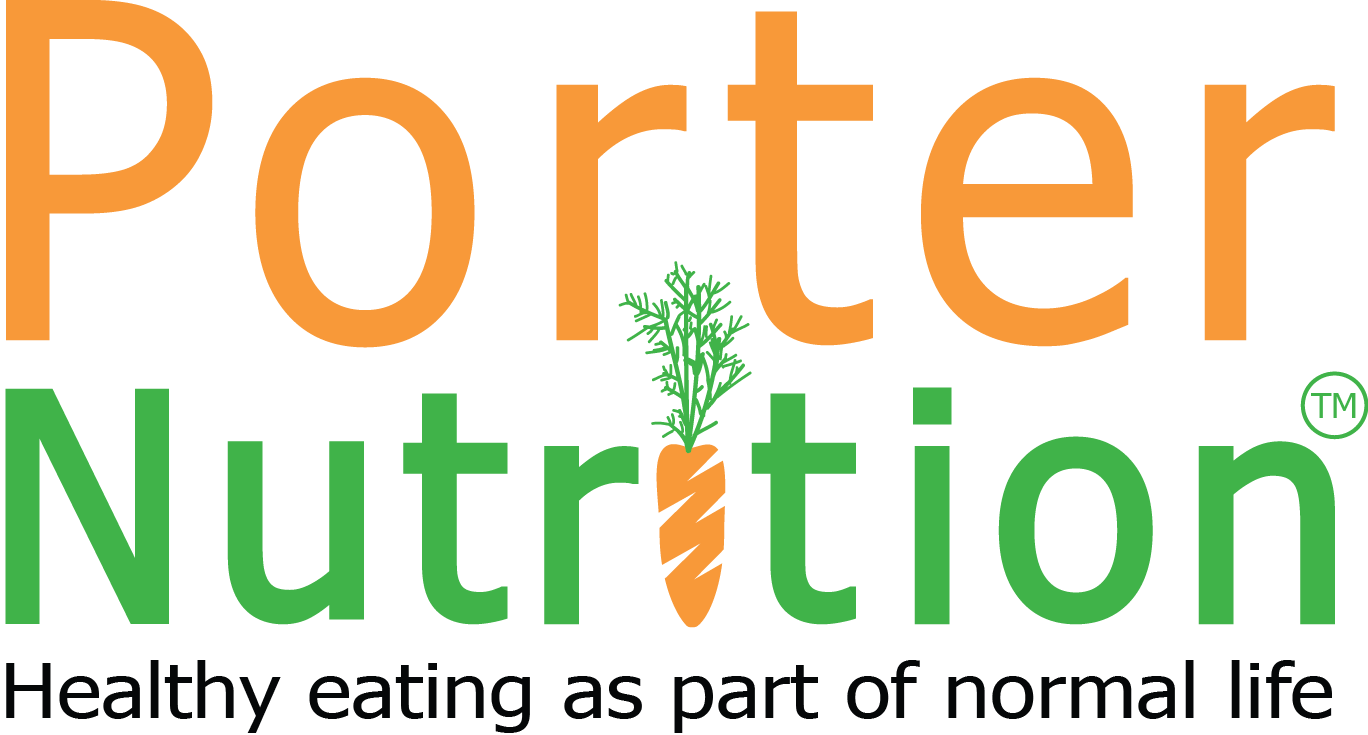
Image: Commons Wikimedia -https://commons.wikimedia.org/wiki/File:CSIRO_ScienceImage_3224_Pulses_and_legumes.jpg
This is a very complicated question because there are so many factors involved, but it has been the subject of much debate over the last few years.
The latest headline comes from work by scientists at Harvard University in the USA. The proposed diet moves us all away from eating as much meat (particularly red meat) and encourages us to eat more fruit and veg, more nuts and pulses. The amounts below are averages so you might have 100g of red meat on one day and then no more for the rest of the week for example.
- Nuts – 50g a day
- Beans, chickpeas, lentils and other legumes – 75g a day
- Fish – 28g a day
- Eggs – 13g a day (so one and a bit a week)
- Meat – 14g a day of red meat and 29g a day of chicken
- Carbs – whole grains like bread and rice 232g a day and 50g a day of starchy vegetables
- Dairy – 250g – the equivalent of one glass of milk
- Vegetables -(300g) and fruit (200g)
The diet has room for 31g of sugar and about 50g worth of oils like olive oil. (Source BBC)
Full details of the diet can be found here.
This diet still encourages eating fish (one of which should be oily) for health reasons and red meat is also a great source of iron so an important part of the diet.
I think this diet is manageable. It is realistic and you can make some very tasty things with the variety of ingredients on offer. Unlike a full vegan diet, followed properly, it should give you enough iodine and B12.
But like any diet, it requires knowledge to be able to follow it and achieve the health outcomes the authors desire. Why not take some steps today and swap one of your processed food snacks for a handful of nuts (unless you are allergic of course), and take one of your meat based meals and swap it for a legume based meal. Here are 2 to try:
Lentil Bolognese (you can swap the mushrooms for carrots if you are not keen on mushrooms)
Bean Curry (you can use any type of bean, you could even try a tin of mixed beans for variety)
If you are interested in this topic, the British Dietetic Association has also done work in this field. See here for more information.
